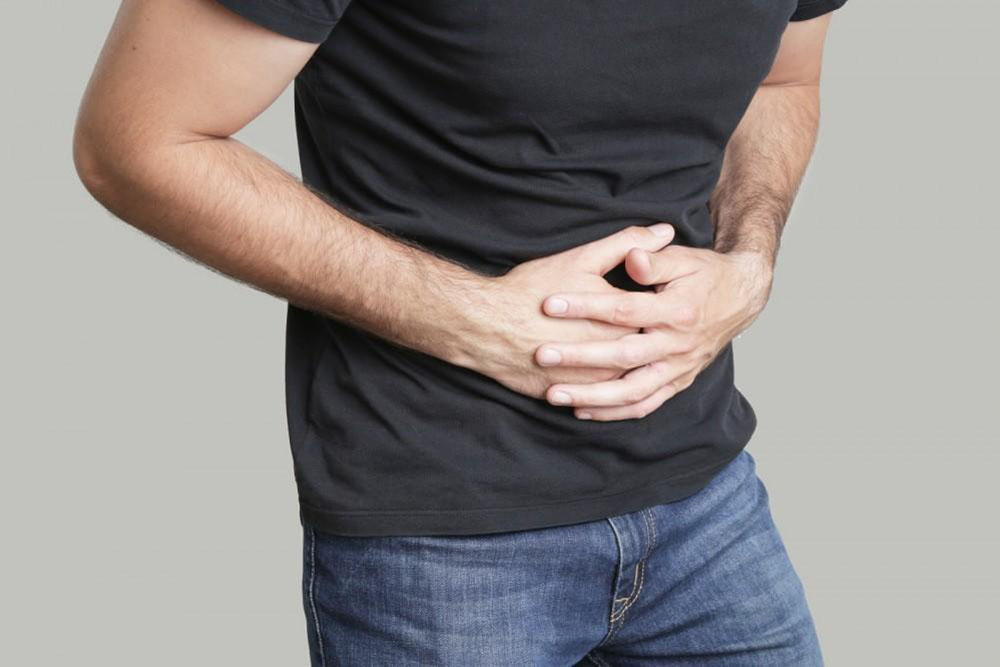Expert Treatment for Abdominal Pain by Dr. Bharat Pothuri
Dr. Pothuri uses a step-by-step approach:
Medical History and Exam
He asks about the exact location of your pain, timing, triggers (meals, stress), medications and prior GI issues. A focused abdominal exam checks for tenderness in the epigastric area, guarding or rebound.
Laboratory Tests
Blood work typically includes a complete blood count (CBC) to look for anemia or infection, liver function tests and pancreatic enzymes (amylase, lipase). H. pylori testing (breath or stool) may be ordered if ulcer disease is suspected.
Imaging Studies
- Abdominal ultrasound evaluates the gallbladder, bile ducts and pancreas for stones or inflammation.
- CT scan of the abdomen can identify pancreatitis, masses or perforations if the pain is severe or atypical.
- HIDA scan measures gallbladder function when biliary dyskinesia is a concern.
Endoscopy
Upper endoscopy (EGD) allows direct visualization of the esophagus, stomach and duodenum. Biopsies can confirm gastritis, ulcers or celiac disease.
Advanced Testing (if needed)
Ambulatory pH monitoring or esophageal manometry helps diagnose refractory reflux. Endoscopic ultrasound may be used to further evaluate pancreatic or biliary abnormalities.

Frequently Asked Questions
What are common causes of abdominal pain?
Abdominal pain can stem from gas, indigestion, constipation, infections, muscle strain, or more serious issues like gallstones or appendicitis.
When should I worry about stomach pain?
If pain is severe, sudden, lasts more than 24-48 hours, or comes with fever, vomiting blood, jaundice, or difficulty breathing, seek medical care immediately.
Can stress cause abdominal pain?
Yes. Stress can trigger or worsen digestive symptoms through changes in gut motility and increased sensitivity to pain.
How is abdominal pain diagnosed?
Diagnosis may include a medical history, physical exam, blood tests, imaging (ultrasound, CT), and endoscopy or colonoscopy if needed.
What home remedies can help mild abdominal pain?
Try a warm compress, peppermint or ginger tea, small frequent meals, and over-the-counter antacids or antispasmodics as directed.
Can diet changes relieve abdominal pain?
Yes. Avoiding trigger foods (spicy, fatty, gas-producing), eating bland, low-fiber meals during flares, and staying hydrated can help.
When should I see a specialist for stomach pain?
See a gastroenterologist if you have chronic or recurrent pain, unintended weight loss, blood in stool, or if initial treatments don't help.












